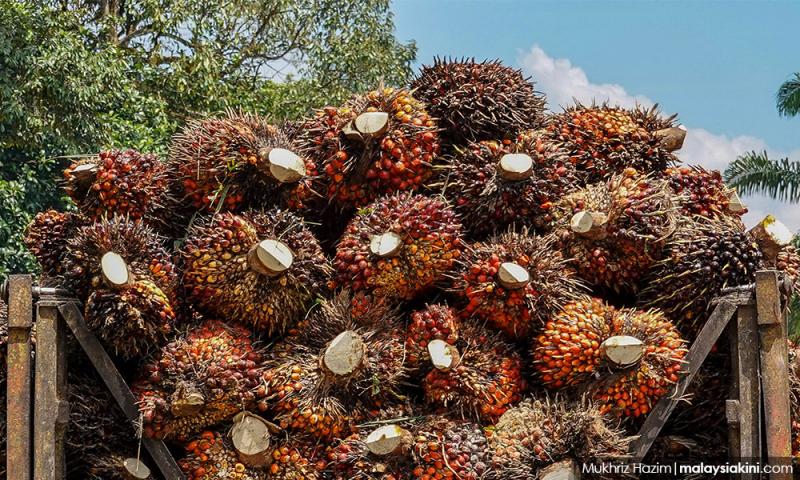COMMENT | Nation’s ‘God’s gift’ of palm oil takes environmental toll
COMMENT | The government has rebranded palm oil as “God’s Gift” (Sawit Anugerah Tuhan). It’s the latest official effort to deflect international criticism of an industry inextricably linked to deforestation, destruction of peatlands and violation of the rights of its workers and local forest-dependent communities.
This latest slogan suggests the government remains in denial about its obligation to ensure that the country’s palm oil sector operates responsibly. It echoes then-prime minister Dr Mahathir Mohamad’s August 2019 assertion that linking palm oil to deforestation was “baseless, unfair and unjustified”.
If only. The International Union for the Conservation of Nature (IUCN) estimates that 1.5 million hectares of all oil palm plantations established in Malaysia between 1990 and 2010 “originated due to forest conversion”, with 720,894 hectares developed on peatlands.
The IUCN further estimated that at least 50 percent of all deforestation between 2005 and 2015 in Borneo - an island shared by Malaysia, Indonesia and Brunei - was related to oil palm development. Between 2015 and 2019, the total gross area planted with oil palm in Malaysia has expanded by over 257,000 hectares – proof that the industry continues to expand its footprint.
Sarawak has become the global epicentre of environmental devastation wrought by unsustainable oil palm development. Highly destructive and potentially illegal logging operations continue in some of Sarawak's most biologically rich landscapes. Those areas include habitats of orangutans and the majestic rhinoceros hornbill, Sarawak's official symbol.
Deforestation also inflicts serious damage on the economic, cultural and spiritual traditions of Sarawak’s indigenous forest-dependent peoples and makes them highly vulnerable to human rights abuses.
Although indigenous groups in Sarawak have in recent years filed hundreds of legal challenges to stop deforestation of their native customary rights lands by oil palm and logging companies, the Human Rights Commission (Suhakam) concluded in 2013 that effective resolution of such cases are hobbled by slow court processes during which “evidence on the ground can be destroyed...
RM12.50 / month
- Unlimited access to award-winning journalism
- Comment and share your opinions on all our articles
- Gift interesting stories to your friends
- Tax deductable
